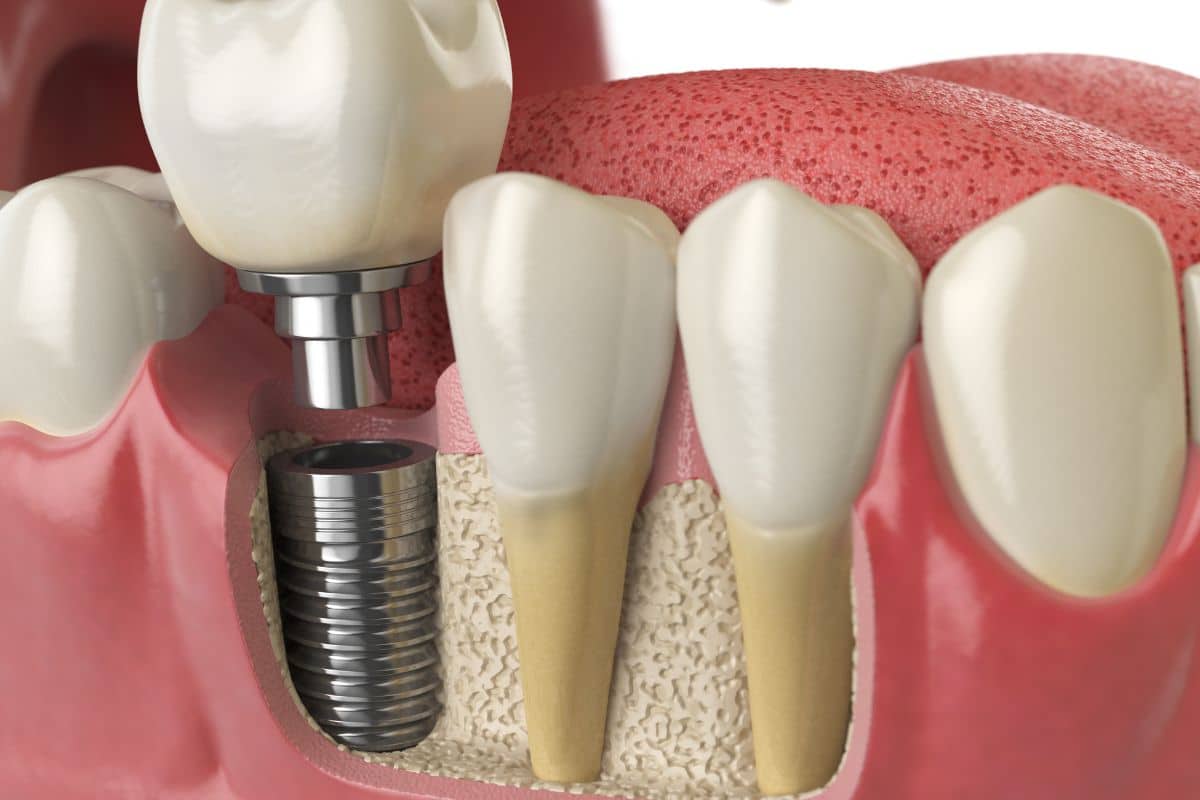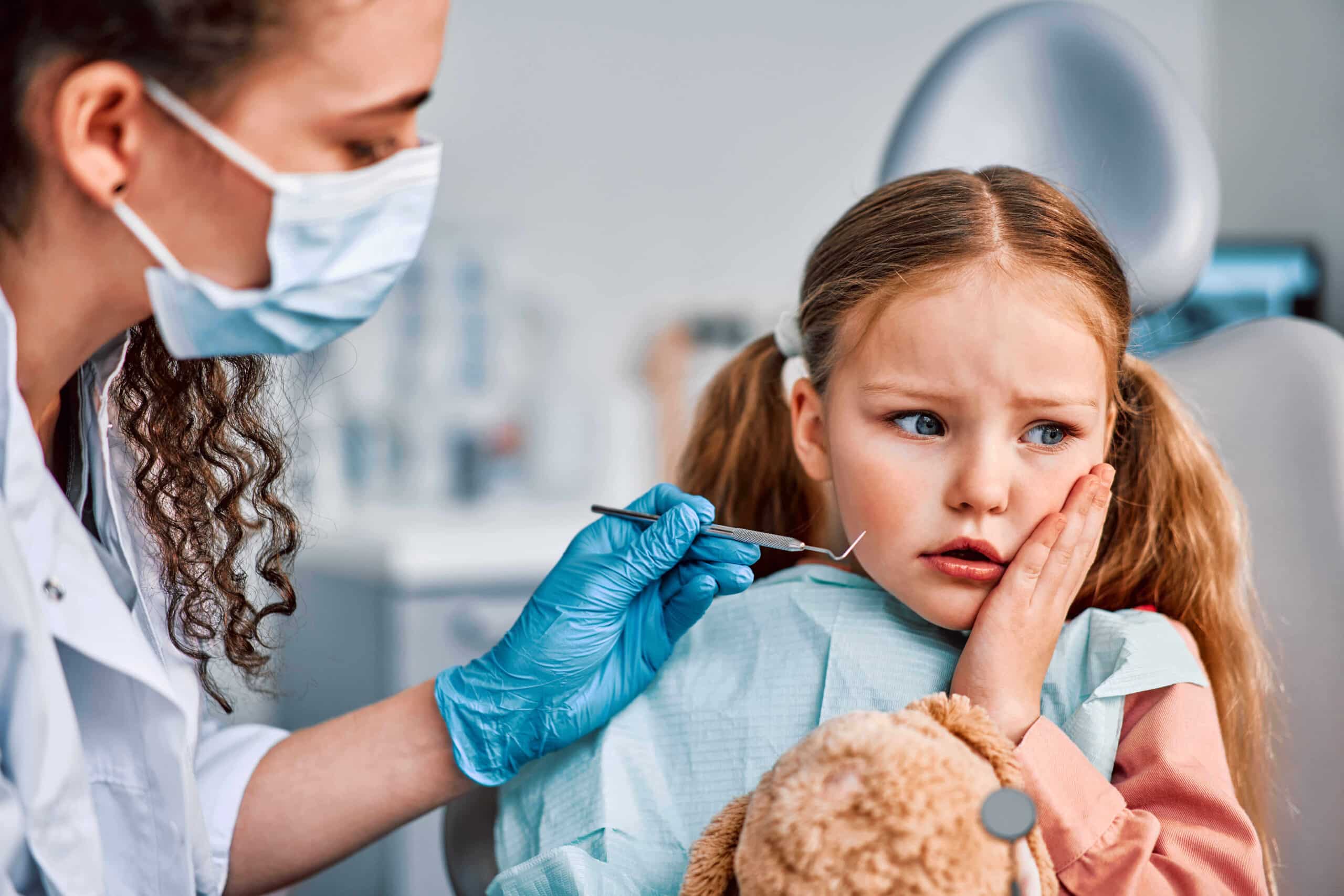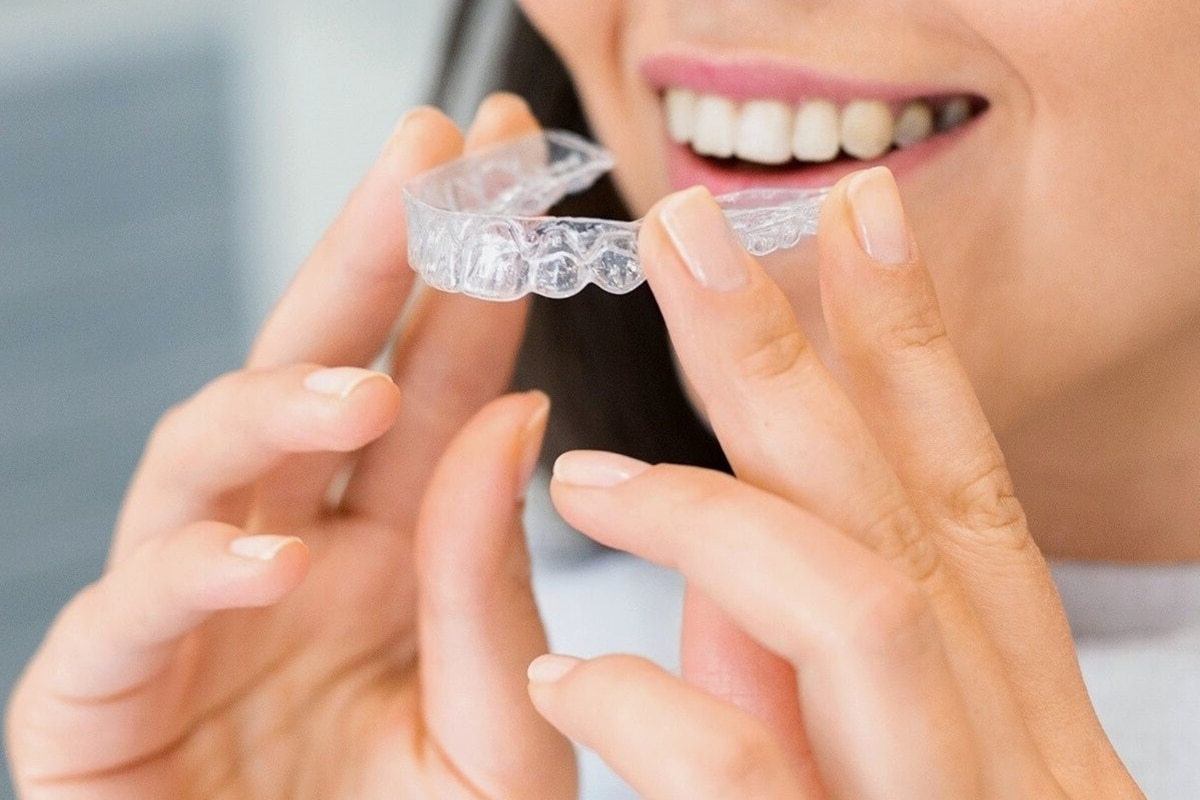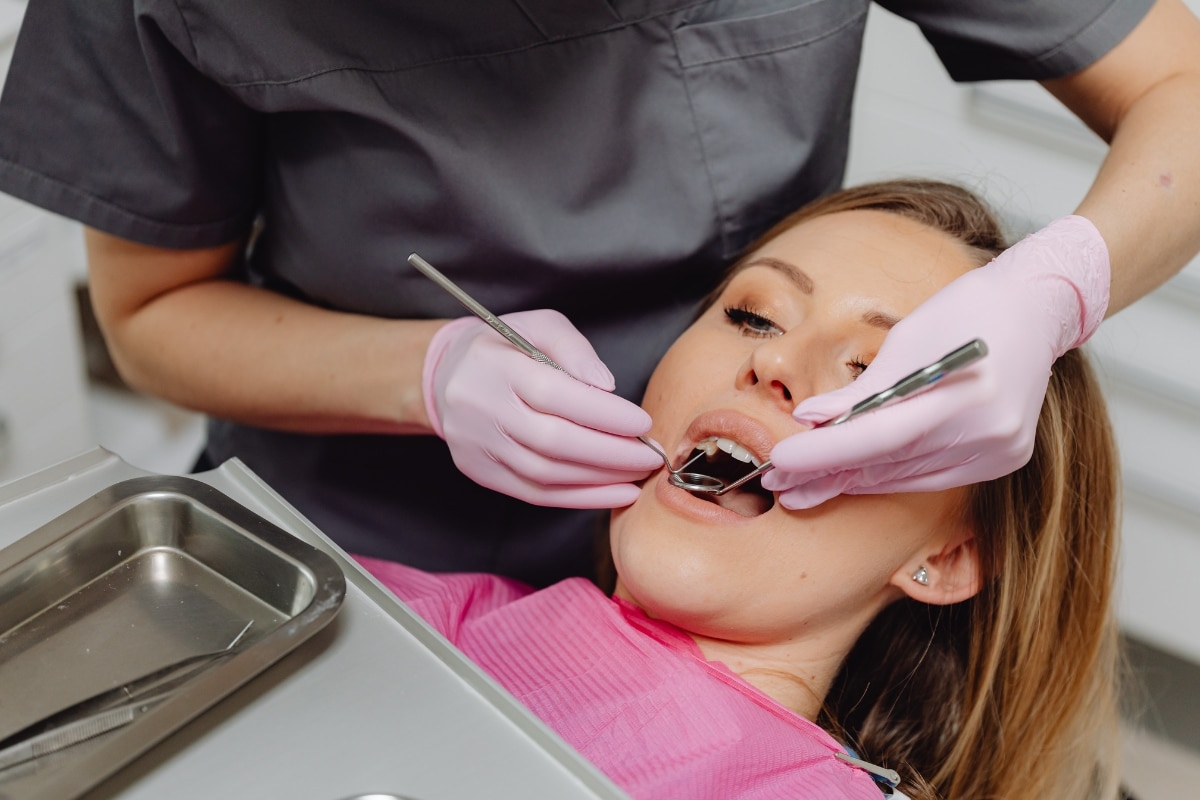Pay Online
How do I know if my situation qualifies as a dental emergency?

Dental emergencies can strike unexpectedly, causing significant discomfort and stress. Identifying a dental emergency is crucial to prevent serious complications. Ignoring or misjudging the severity of dental issues can lead to worsening conditions and prolonged treatment.
This blog explores what qualifies as a dental emergency, common symptoms to watch for, and the steps to take if you find yourself in one of these situations.
Common Dental Emergencies and Symptoms
Severe Toothache
A severe toothache goes beyond a mild ache or sensitivity. It is characterized by intense, throbbing pain that may radiate to the jaw, ear, or head. This pain could indicate serious issues like an abscess or tooth decay. If over-the-counter pain relief does not help or the pain is persistent, it is time to seek professional help.
Broken or Chipped Teeth
A broken or chipped tooth can vary in urgency. If the break exposes the tooth’s inner layers or causes severe pain, it is an emergency. Even minor chips should be assessed by a dentist to prevent further damage or infection. Look for visible damage. Refrain from chewing on that side of your mouth until you can visit a dentist.
Knocked-Out Tooth
If a tooth is knocked out, immediate action is crucial. Hold the tooth by the crown (not the root), gently rinse it with water if needed, and attempt to place it back in the socket. If that’s not feasible, keep the teeth in saliva or milk, and get immediate dental care. Timing is critical; ideally, a knocked-out tooth should be reimplanted within an hour.
Loose or Displaced Teeth
Loose or displaced teeth can result from trauma or gum disease. If a tooth is loose but still in the socket, it is essential to stabilize it gently with your fingers and avoid using it to chew. A displaced tooth requires prompt attention to reposition it properly and avoid long-term damage.
Soft Tissue Injuries
Cuts, sores, or tears inside the mouth can be painful and may bleed. Rinse the area with salt water and clean it. Try a cold compress to lessen swelling. Persistent or severe injuries to the gums, cheeks, or tongue may require a visit to a dentist. It will help ensure proper healing and prevent infection.
Swelling and Infection
Gum or facial swelling may indicate an infection, such as a dental abscess. This illness, which is accompanied by discomfort, fever, and redness, needs to be treated very quickly in order to stop the infection from spreading. To fix the problem, a dentist must remove the infection and administer the necessary care.
When to Seek Immediate Care?
Signs that Require Immediate Attention
Intense pain that disrupts daily activities, continuous bleeding that does not stop with pressure, and significant swelling, especially if it affects your breathing or swallowing, are signs that require immediate dental care.
Situations that Can’t Wait
Any dental issue causing severe pain, uncontrollable bleeding, or a high risk of losing a tooth should not wait. In order to prevent consequences, situations like a knocked-out tooth or severe infection require prompt professional assistance.
What to Do While Waiting for Professional Help?
Pain Management
To treat discomfort, take over-the-counter medications such as acetaminophen or ibuprofen. Since aspirin might irritate gums and teeth, avoid putting it directly on them. A cold compress on the outside of your mouth can also help alleviate pain and swelling.
First Aid for Dental Issues
Use a cold compress and warm water to rinse your mouth if you have a broken tooth. For a knocked-out tooth, keep it moist and try to reposition it gently. Rinse with salt water and apply a clean bandage to any bleeding areas if you have soft tissue injuries.
Avoiding Further Damage
Steer clear of extremely hot or cold meals and refrain from chewing on the side of your mouth that is afflicted. Do not use your teeth as tools or engage in activities that could exacerbate the problem.
Preventing Dental Emergencies
Regular Check-Ups
Regular dental check-ups are essential for spotting potential problems before they escalate into emergencies. By examining your teeth routinely, your dentist can provide preventive care and catch any issues in their early stages, helping you maintain optimal oral health.
Good Oral Hygiene
Brushing twice daily, flossing regularly, and using fluoride toothpaste reduce the risk of decay and gum disease. Proper dental hygiene is the secret to averting catastrophes.
Protective Measures
When participating in sports or other activities where your teeth could be at risk, wear a mouthguard. This simple precaution can prevent injuries and reduce the likelihood of dental emergencies.
When to Contact Your Dentist?
Emergency Contact
Call your dentist right away if you have a dental emergency. Until you can seek professional attention, carefully explain the situation and follow any directions given for temporary alleviation.
After-Hours Care
If your dental office is closed, look for emergency dental services in your area. Many communities have dentists who offer after-hours care that can assist you when your regular dentist is unavailable.
Recognizing and responding to a dental emergency promptly can prevent serious complications and alleviate discomfort. If you are ever unsure about the severity of your situation, it is always best to seek professional advice. Maintaining your oral health and well-being can be greatly aided by acting quickly and adhering to the correct practices.
Recent Posts

Why Is It Critical to Replace a Missing Molar Even If It’s Not Visible When I Smile?

What Should I Do If My Child Knocks Out a Permanent Tooth in Elgin?

Can Invisalign Fix Overbite? How It Solves Complex Dental Issues in Elgin, IL

How Does Thumb-Sucking or Pacifier Use Affect Teeth?


